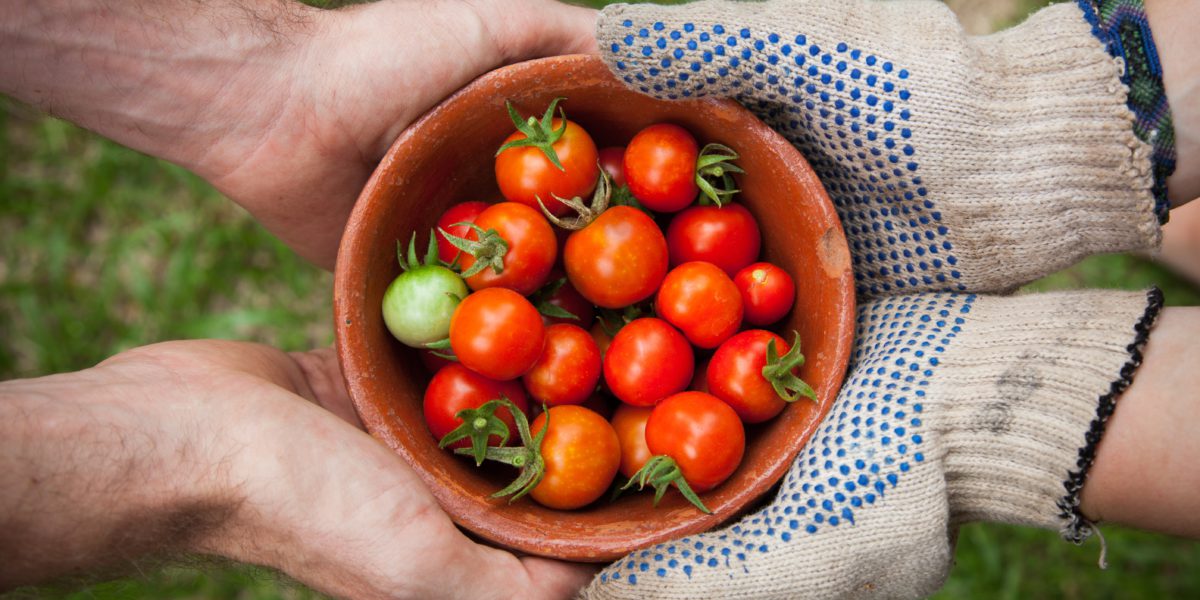Published on September, 17th, 2020
We return from vacation with our last byte. We have drawn many conclusions that will help us to continue contributing our grain of sand to the development of the sector and we close the cycle of COVIDBytes by highlighting what it claims. The sector asks for greater support from companies, while promoting local production and consumption and ensuring stable commercialization channels. Among the most popular measures are price regulation, administrative procedures flexibilization and better access to funds.
The survey on the impact of COVID19 in the agri-food sector has revealed the swift reaction during crisis periods. As we have seen in previous Covidbytes, a large amount of farms and agri-food companies adopted specific measures to mitigate the effects of the situation derived from the imposed health crisis and the alarm state.
The survey included an open section to explore the opinions and recommendations that the sector made to the administration to improve its situation. In it, the participants were asked about the support measures that they thought were necessary to reduce the consequences of the health crisis in their sector. The objective of that section was to learn from these experiences in order to prevent the impacts generated in the agri-food sector. Together with preparing emergency plans for future similar situations. Coordination between the sector and the administration, as well as rapid response capacity, are key pieces for future crises.
Participants suggested measures directly related to the situation arising due the alarm state. Some of them were reopening municipal markets, promoting the consumption of local products, facilitating security measures and PCR tests, or mitigating the loss of HORECA (Hotels, Restaurants and Caterings) channel. In addition, participants also expressed the trandional claims of their sector, which has been in a crisis for years. These measures seek to improve the food system’s sustainability with an integral approach, tackling its economic, environmental and social dimensions.
Some of these demands aimed to a deep change of food systems towards an agroecological and socially responsible model. The most prevalent among participants were: improving the current infrastructures by implementing a system of mobile slaughterhouse and facilitating a shared transport of food. Also, promoting responsible and local public procurement as a way to promote the consumption of local products by consumers. In addition, they mentioned other measures such as regulation of prices throughout the food chain to guarantee a decent earning for farmers. Together with avoiding speculation and reducing bureaucracy.
In general, participants claimed the need of supporting local agri-food systems, particularly through short supply chains. “Prioritization of national product, especially those coming from extensive farming. Which is sustainable and good for our environment, and also healthier. Farmer’s markets.” This was explained by an extensive cattle farmer, which is one of the sectors most affected by the crisis. Simultaneously, it has also been one of the sectors with a higher number of emerging alternative commercialization initiatives.
“Financing facilities and giving more support to small farms for agri-food transformation. It helps to close the circles and to encourage links between producers and consumer”(extensive livestock farmer).
The comments showed a global concern about the role of agri-food activity in the development of rural areas and their population. Also, on the provision of high quality and healthy foods and on the ecosystems’ conservation. For this reason, they asked the administration for direct support aids to companies, in order to ensure the sector’s financing without entailing exorbitant indebtedness. Moreover, a greater flexibility in bureaucratic procedures to save costs and time invested, as well as support to open new commercialization channels and training, etc. are also exposed.
“To promote small, diversified farms for local production, favouring those that encourage diversity and are intensive in labour” (farmer, specialized in horticulture).
They claim the quality of their products and sustainable practices, both ecological and socioeconomic, which promote local development. However, it is not only a matter of money but also it is about to provide with infrastructures to the elaboration and commercialization of these products through mobile or municipal slaughterhouses, shared worksites or improvements in logistics aspects. In addition, most of them demand a regulation that establishes minimum purchasing and selling prices of food, to improve the producers’ crisis situation, as well as accessibility for consumers.
Therefore, it is not only a matter of moving towards a more harmonious model with the natural environment but also of supporting a model that allows good living conditions for workers in the agri-food sector.
We close the COVIDbytes cycle by thanking all the people who participated in the survey, their opinions are essential in order to continue working for the development of the sector. We’ll keep working!


